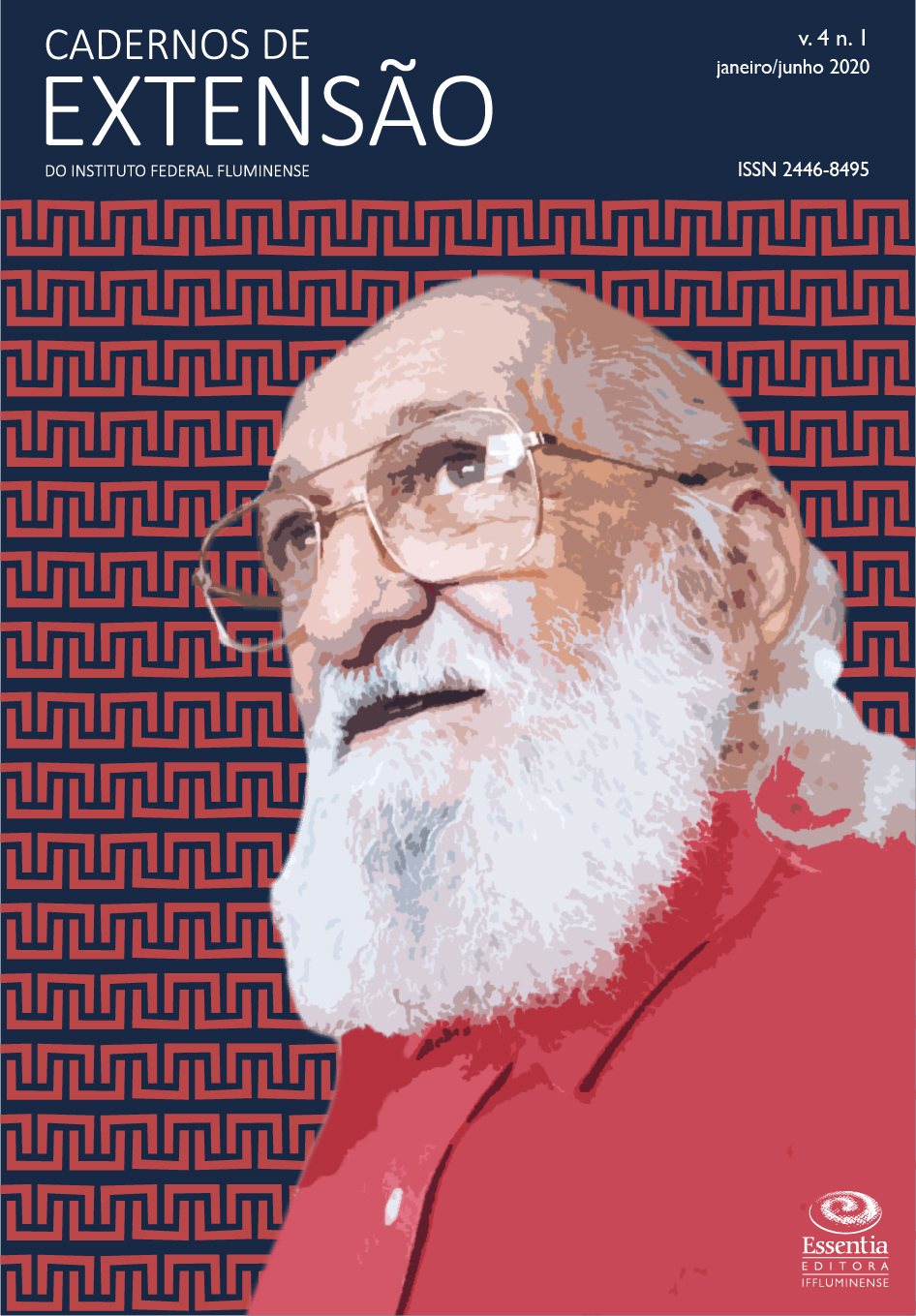Pedagogy of “quality happiness”: immersion in active methodology from the perspective of the working class
DOI:
https://doi.org/10.19180/2447-8180.v4n12020p81-96Keywords:
Active Methodology, Complexity, Concrete, Quality. IntegralAbstract
This work is a dialogue between elementary school and integrated high school. It was developed from the perception of the need to build a territorial perspective in which each segment takes on the responsibility of preparing students to operate at the level of complexity required by the next stage. This article deals with a pilot project in which the active methodology was applied for two years, accompanying the same class of the 4th and 5th years of elementary education in the municipal public system. The different epistemological assumptions allowed to redefine the space and the formative relationship, providing roots, identification, development of skills and will. Starting from the place of the working class offspring, experience has shown that it is possible to act in the formal education system without reproducing the model of inequalities conditioned by the pedagogical structures that marginalize it, requiring the student to adapt to it instead of portraying the singularity of the contexts. Synthesized by neologism, "qualityhappiness", the experience proved to be viable the genesis of a school in which quality training, as an integral part, constitutes a process of cultivating individual and collective happiness.Downloads
Published
16-09-2020
Issue
Section
Artigo original









